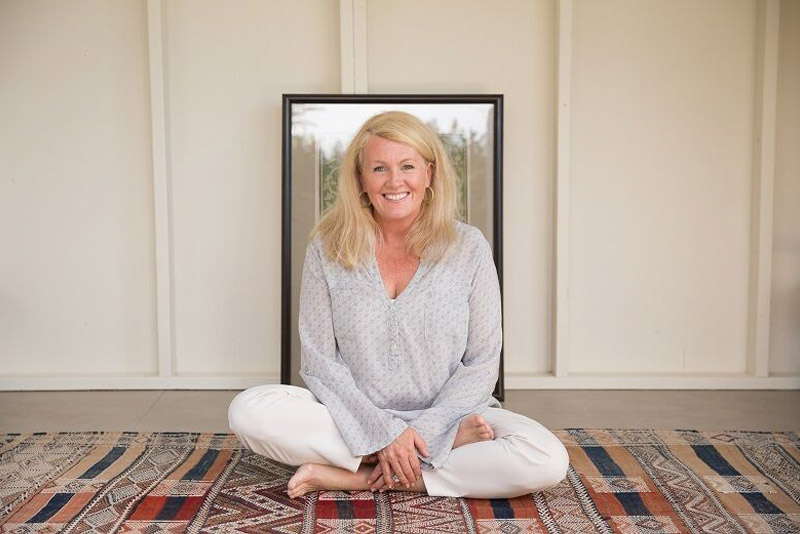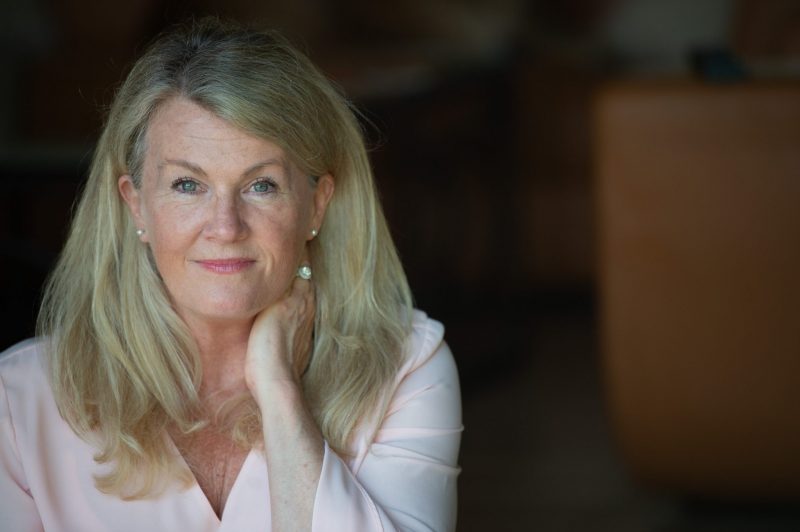Be Contagious!

Be Contagious!
Just as stress is contagious, did you know that kindness is too?
Not only is kindness contagious—so are hope and compassion. One act of kindness can ripple out, impacting not just the person you help, but anyone who witnesses the act.
In a time when bad news so often dominates our attention, maybe it’s time to start intentionally spreading more of the good stuff.
What Is Compassion?
I like to define compassion as love in action.
It’s not just feeling sympathy or empathy for someone in pain—it’s the heartfelt desire to alleviate that suffering, followed by inspired action.
Sure, I’ve heard people say, “I’ll pray for you,” when someone’s hurting. Prayer is a beautiful way to begin. But compassion truly blossoms when we follow that intention with tangible, loving action.
Prayer is simple to offer in the moment, and yes, it does make a difference (see the studies below)—but maybe this is the time to do a little more. Maybe we’re being invited to meet the suffering around us with more presence, more care, more courage.
The Ripple Effect of Kindness
Did you know that when you’re moved to show care and compassion toward another being, your body releases “feel-good” hormones?
And it gets even better—when you do something kind (or even witness kindness), your brain responds by releasing oxytocin, also known as the “love hormone.” It helps us feel more connected and trusting, lowers blood pressure and stress, and even boosts the immune system. Oxytocin also soothes our existential anxiety and improves the way we see and experience the world.
What a beautiful ripple effect.
Kindness Literally Changes Your Brain
Even just thinking compassionate thoughts—or imagining yourself doing something kind—can actually change your brain.
Seriously. Brain scans show that your mind lights up the same way as if you were doing the act for real. These thoughts create new neural pathways, strengthening the parts of the brain linked to empathy, emotional balance, and resilience. This is the magic of neuroplasticity—your brain’s ability to rewire itself, no matter your age.
So every time you choose kindness—whether it’s a helping hand, a meal, a note, a silent prayer, or just a warm thought—you’re literally building a more compassionate brain.
As neuroscientists and spiritual teachers often say, “The neurons that fire together, wire together.” With practice, your brain starts to look for kindness, expect it, and feel good doing it. It becomes your new normal.
Let’s Normalize Kindness
When was the last time you were truly kind to someone you didn’t know?
What would life feel like if more of us made a conscious effort to be kind—to a neighbor, a stranger, a stressed-out cashier? If we looked each other in the eyes and smiled, or said hello?
Daily acts of kindness, even the smallest ones, can become a sacred practice that transforms not just the recipient—but you, the giver.
Whether you’re comforting a friend, offering a compliment, or helping someone across the parking lot, you’re activating your brain’s natural reward system. Oxytocin increases, anxiety calms, and stress let’s up. You feel more connected—to others, to life, to yourself.
Anonymously Kind
One of my favorite practices? Anonymous acts of kindness.
Have you ever left a kind note under someone’s windshield wiper? Paid for the car behind you in the drive-thru? Mailed an unsigned card to someone going through a tough time?
There’s something sacred about giving without needing to be seen. It removes ego from the equation. You’re not doing it for credit or to be noticed—you’re simply participating in the invisible web of human goodness.
Try it. And notice how it makes you feel when you offer kindness just for the sake of kindness itself.
Be Kind Today
Research shows that practicing kindness six or seven days in a row² can significantly reduce anxiety and boost your overall wellbeing.
But even beyond the science, something deeper begins to unfold: kindness offers a sense of meaning. A moment of purpose. It opens your heart and softens your edges. You feel more energized, more connected, and more in tune with the sacredness of life.
So today, why not choose love in action?
Because when we choose compassion—when we choose kindness—we don’t just brighten someone’s day. We help change the world.
Get some good ideas for acts of kindness, here.
Footnotes:
¹Prayer and Healing Research: Studies published through ResearchGate and the National Institutes of Health suggest that prayer—especially when combined with intention and compassion—can positively influence well-being, pain management, and emotional resilience.
Prayer and Healing on ResearchGate ;
NIH Study on Intercessory Prayer
² The Big Joy Project, led by the Greater Good Science Center at UC Berkeley, involved nearly 18,000 participants from 169 countries who practiced daily micro-acts of joy and kindness for one week. The study found significant improvements in emotional well-being, reduced anxiety, and increased resilience, particularly among those facing stress and hardship. Read more
Kindness and Social Anxiety Study: In a study by researchers at the University of British Columbia, individuals with high levels of social anxiety were asked to perform six acts of kindness per week for four weeks. Results showed increased positive mood, better relationship satisfaction, and a significant decrease in social avoidance.
Study Summary on PubMed
Sarah McLean
Sarah McLean is an acclaimed teacher and thought leader who is determined to create more peace on this planet by helping people wake up to the wonder and beauty of their lives and the world around them through the practices of meditation and mindfulness. She inspires audiences everywhere blending the spirit of Zen wisdom with Vedic knowledge and self-inquiry. She helps demystify meditation and makes it accessible to anyone. It was over 30 years ago when she began her daily meditation practice, and moved in to a Transcendental Meditation community. There, she received advanced training in meditation and studied Ayurveda. Since 1993, when she became the education director for Deepak Chopra’s Center for Mind Body Health, she's been teaching contemplative practices and mind/body health. In 1997, she went to India to live in a traditional ashram in India, When she returned to the States, spent two years as a resident trainee in a Zen Buddhist monastery. She fell in love with Self-inquiry and served as the director of Byron Katie's School for the Work. In 2012, she founded the McLean Meditation Institute, home of the Meditation Teacher Academy which certifies meditation and mindfulness teachers through its 300-hour teacher training program. Her bestseller, Soul-Centered: Transform Your Life in 8 Weeks with Meditation, and her most recent book, The Power of Attention: Awakening to Love have received rave reviews. She now lives in Santa Barbara, California where she trains meditation teachers and offers online classes and lives a life she loves.






